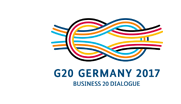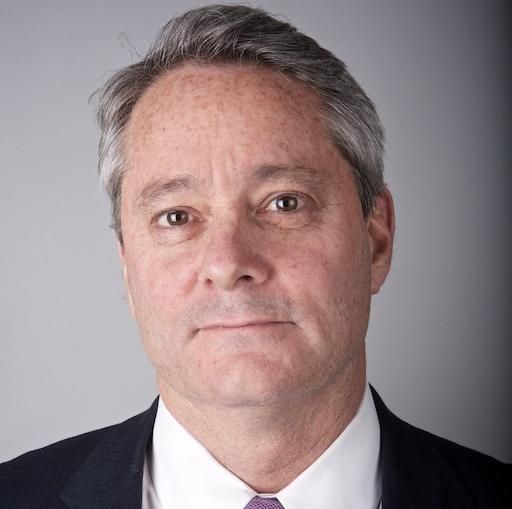Why do you think the Compact with Africa as a G20 initiative is central to boosting development on the continent?
I believe the Compact is an extremely thoughtful and considered initiative that is putting into practice a number of lessons gleaned from previous exercises on boosting development in Africa. Firstly, the Compact is seeking to address the key components of the operating environment that will allow private capital to grow and flourish while also providing the tools to help price and mitigate the actual risks of investing in Africa. Achieving capacity building and structural reforms through the Macroeconomic and Business Frameworks will enhance the stability and predictability of transacting in African markets that is sorely needed. While establishing a common Financing Framework reduces the moral hazard of overly subsidizing the private sector investment, it also creates a more competitive and level playing field across the continent. Secondly, the Compact promotes African ownership of its development. It is not a one-size-fits-all approach, but allows African governments, businesses, capital-owners and citizens to determine and drive the reform and development priorities pursuant to their collective goals and objectives. The importance of home-grown solutions that work first and foremost for domestic players to effectively deploy capital and leverage the local opportunities creates a more sustainable and constructive environment for external private capital to enter, work and benefit alongside those who know their markets best. It also recognizes the need for broader and more effective mobilization of the continent’s resources whether it is the form of human, natural, or financial. Sustainable development can only be achieved through self-reliance and self-determination. Lastly, the Compact will enhance the alignment of public sector resources and actors. This alignment should drive greater efficiency and transparency in the deployment of resources, both by the host governments and private sector investors and produce enhanced and accelerated economic and social returns.
How can the environment for FDI be improved and which role can public-private partnerships play in this regard?
I think the two critical factors in attracting FDI is predictability and liquidity. Investors crave environments that are stable and predictable so that there is a high level of confidence in the realization of their assumptions that underpin their investment decisions. Confidence in the legal and regulatory regimes to function properly allows investors to concentrate and minimize the range of variables related to demand, supply and other input/output factors. This can significantly reduce the risk premium demanded by investors and increases the scale of “bankable” projects. Investors also need liquidity. Liquidity is important on two levels: as a transparent and efficient pricing mechanism and as a means of expansion or exit. Sufficient liquidity in a market drives price discovery for an asset and permits investors to dynamically assess the value of their investments and make informed decisions. These informed decisions may include whether to expand an asset or business or to exit. Investors will naturally gravitate towards markets where there is relatively greater levels of liquidity that facilitates decision-making and execution. The CWA Initiative’s three frameworks will nurture higher levels of predictability and liquidity in the compact countries.
Will Citi Bank adjust its Africa strategy in light of the Compact with Africa?
Citi embraces this initiative as it fully aligns with our strategy in the region: fostering and facilitating the financial and commercial flows amongst and on behalf of our clients into and across Africa. For over 50 years, Citi’s footprint in Africa has included offices in 16 countries and an extended client coverage in another 25 markets. Our clients range from global and regional/local corporates and financial institutions and public sector entities including the G20 members and partner countries and International Organizations (IOs). Enhanced and predictable operating environments and the availability of risk mitigation instruments allows Citi to scale and accelerate the implementation of client solutions, the investment in infrastructure, and the introduction of innovative market structures.
There has been one noticeable development: the increased interest from German corporations in Africa. German companies are starting to view African economies as an important market for future growth. In the first two months of 2017, German exports to African countries jumped 26 percent on the year to 4.2 billion euros, according to official data. This followed a yearly increase of 2.5 percent to 24.5 billion euros in 2016 while overall German exports inched up 1 percent to 1.2 trillion euros. While this only accounts for 2 percent of overall German exports, it does reflect the scale and size of the opportunity ahead not only for Germany but many G20 members. As a preeminent financial institution with an unparalleled global footprint, Citi will seek to continue and to grow the origination, structuring, and facilitation of private capital flows into Africa.

